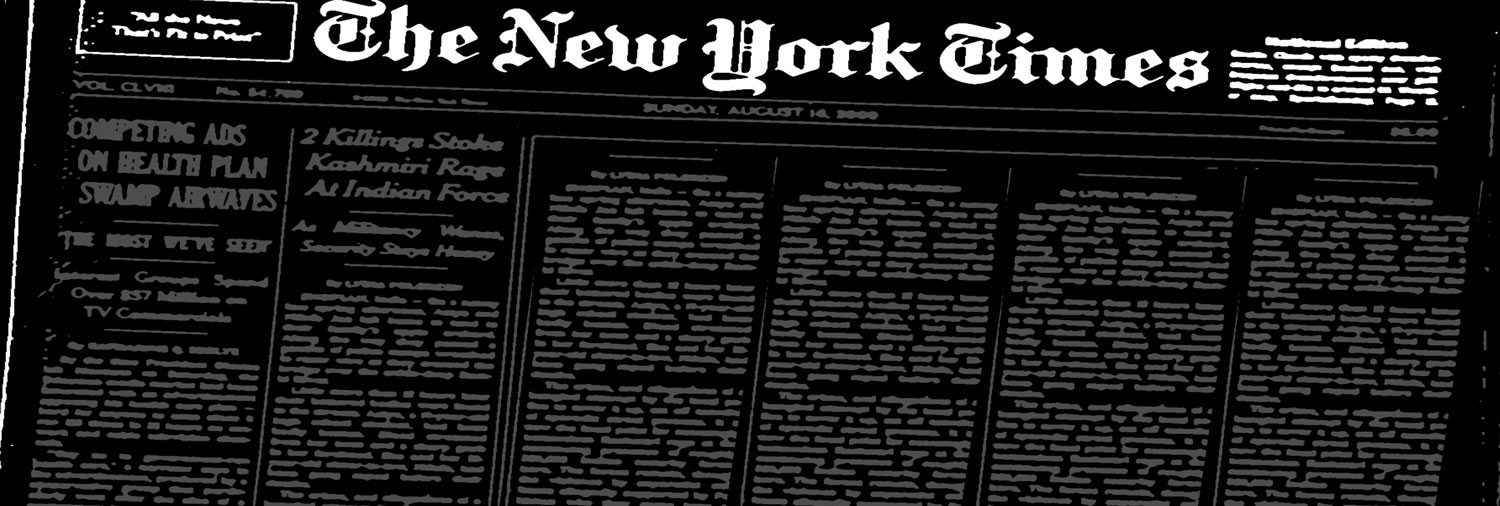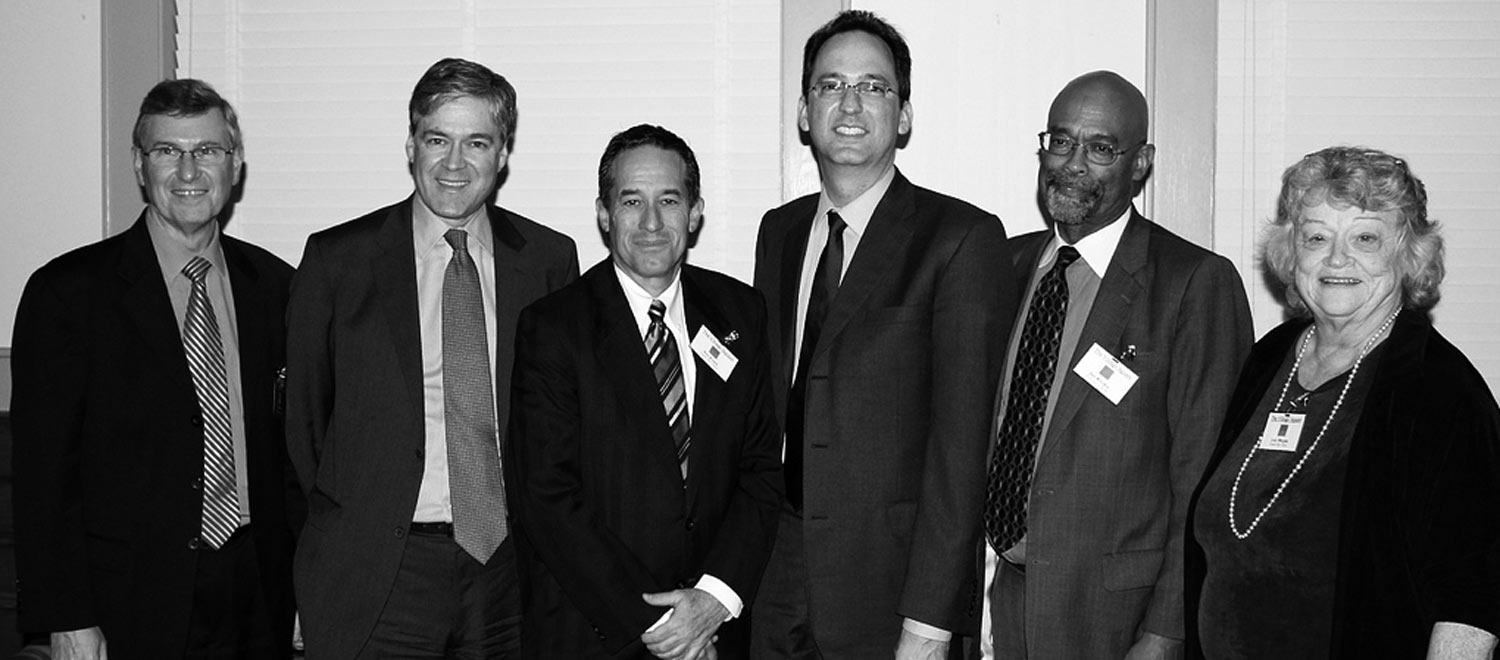We’ll be joined by seasoned journalists and media insiders from across the political and media spectrum to dive into this important conversation of our time. You won’t want to miss this one. Meet them: Left to right: Neil Skene, facilitator; John Harwood, CNBC Chief Washington Correspondent: Neil Brown, Editor, Tampa Bay Times: Lucy Morgan, Former Capital Bureau Chief, St. Petersburg Times, Pulitzer Prize winner for investigative reporting; Joe Ritchie, Professor and Knight Chair in Journalism, Florida A&M University; Justin Sayfie, Publisher, The Sayfie Review.
READ MORE
In just a few short years, everything has changed about how we get our information. It wasn’t that long ago that a few nightly news broadcasts and our local newspaper provided the grist for the American conversation. Diverse groups of citizens were largely working off of the same set of facts and a limited number of perspectives, advanced by opinion leaders and screened for accuracy by editors who were responsible by professional ethics to get the facts right (or print a retraction). But technology has now given us a million exciting choices as consumers of news, available at the click of a mouse is a vast world of ideas, but also a world of facts ripe for selective cherry-picking (and then there’s the information that simply isn’t true at all).
Increasingly, we’re living inside giant feedback loops where what we already thought is simply reflected back to us by the television shows we watch, what we read online and listen to on the radio. In this rapidly changing environment, how will citizens continue to get the high quality of information that supports good civic decision-making? (Event photos.)
READ LESS




